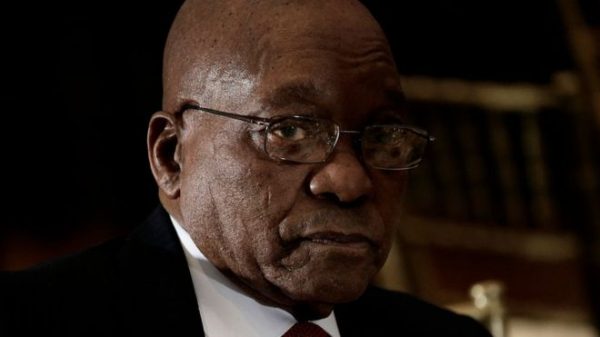South Africa’s top court ruled on Thursday that the Speaker of Parliament can order a secret ballot for no-confidence motions, an outcome the opposition hopes would embolden ANC MPs to rebel and depose scandal-plagued President Jacob Zuma.
However, Chief Justice Mogoeng Mogoeng stopped short of ordering a secret ballot, saying it would be a violation of the separation of powers between the Constitutional Court and parliament.
Zuma, who will be in parliament later on Thursday, has survived four no-confidence votes during his eight years in power thanks to loyal voting by African National Congress (ANC) lawmakers, who form a strong parliamentary majority.
But opposition parties believe a recent cabinet reshuffle that led to the dismissal of respected finance minister Pravin Gordhan and a slew of credit rating downgrades may have angered ANC MPs sufficiently to desert Zuma.
Speaker Baleka Mbete, a top ANC official, had said parliamentary rules did not allow for a secret ballot but Chief Justice Mogoeng Mogoeng disagreed, saying she had “the necessary latitude”.
In a unanimous ruling by the full bench, he said a vote in parliament should not be “a fear or money-inspired sham”, and urged the Speaker to consider the interests of the country, rather than party, when deciding the nature of the vote.
“Crass dishonesty in the form of bribe-taking or other illegitimate methods of gaining undeserved majorities must not be discounted from the Speaker’s decision process,” he said.
“When that happens in a motion of no-confidence, the outcome could betray the people’s interests.”
After the ruling, the rand pared its gains to 0.5 percent against the dollar from 1 percent earlier. The currency had firmed on hopes Mogoeng would order, rather than simply permit, a secret vote.
The ANC has said it will vote against the motion to remove the 75-year old leader. A successful vote of no-confidence would trigger the collapse of Zuma’s government.
Reuters



